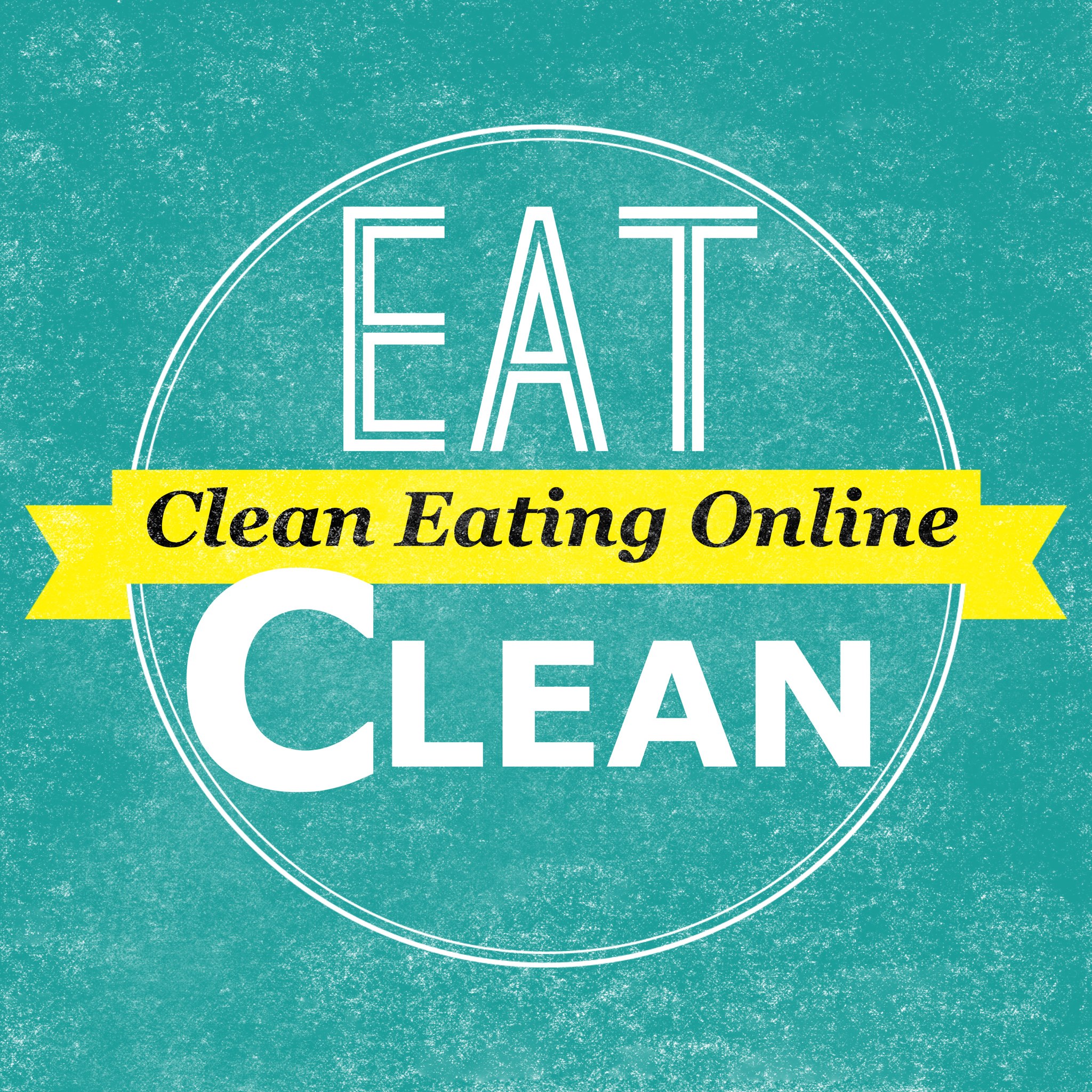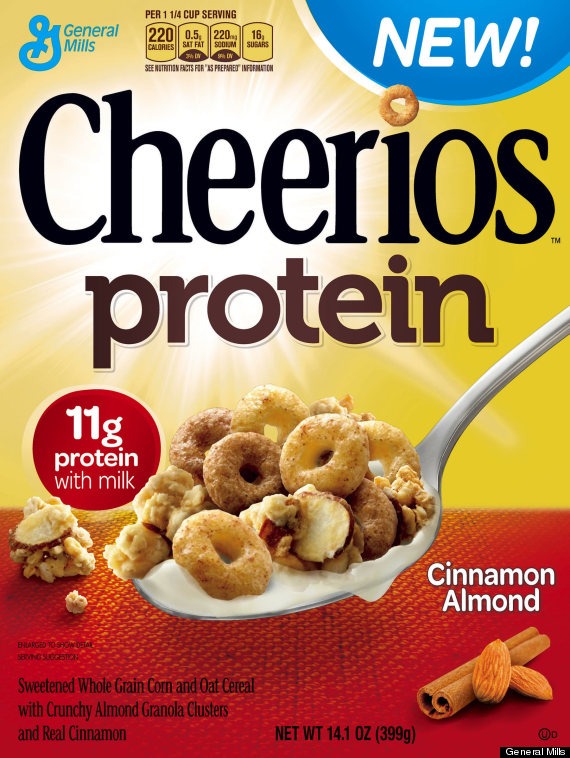Have you switched to Cheerios Protein cereal because you think it’s a healthier alternative than regular Cheerios? Time to switch back. To be perfectly honest, I’m not a huge fan of cereal. It’s a processed food and not exactly nutrient dense but I do let my kiddos eat regular Cheerios on occasion. It’s pretty low in sugar (about 1 gram per serving) and last year they removed GMOs from regular Cheerios.
I have noticed Cheerios Protein at the grocery store but never purchased it because I assumed it was just a marketing ploy by General Mills to cash in on the whole high protein diet craze. Just because something is labeled high protein doesn’t make it a health food. Looks like my instincts were correct because General Mills is now being sued for deceiving it’s customers. Just this week the Center for Science in the Public Interest (CSPI) filed a lawsuit against General Mills charging them with false advertising. In the lawsuit the CSPI stated that General Mills falsely and misleadingly markets Cheerios Protein to children and adults as a high protein, healthful alternative to Cheerios.
Here’s how General Mills is being super shady: The recommended serving size for Cheerios Protein is 55 grams, whereas the serving size for original Cheerios is 28 grams. When the serving size difference is taken into account and the cereals are compared purely by calories, 200 calories’ worth of Cheerios Protein has only 7/10th of a gram more protein than 200 calories’ worth of Cheerios. Even if you ignore the serving size difference and compare just the protein content of both cereals on the nutrition label, the difference is unimpressive. Cheerios Protein has 7 grams of protein per serving while the original Cheerios has 3 grams. An additional 4 grams of protein will barely make a dent in most consumers’ diets. According to WebMD, here are the daily protein intake recommendations for men, women and children:
– School-age kids need 19-34 grams a day.
– Teenage boys need up to 52 grams a day.
– Teenage girls need 46 grams a day.
– Adult men need about 56 grams a day.
– Adult women need about 46 grams a day
Wait – it gets worse. General Mills is charging a price premium for Cheerios Protein, according to the complaint. Consumers can expect to pay approximately 70 cents more for the product at stores like Walmart and Safeway. And General Mills is definitely not skimping on added sugars. According to the nutrition labels, a serving of Cheerios Protein has 17 grams of sugar (more than 4 teaspoons) while the original Cheerios has only 1 gram of sugar (less than a teaspoon). To put this into perspective, a serving of Cheerios Protein has far more sugar per serving than a typical kids cereal like Trix or Frosted Flakes! Looks like Cheerios Protein should be renamed Cheerios Sugar.

